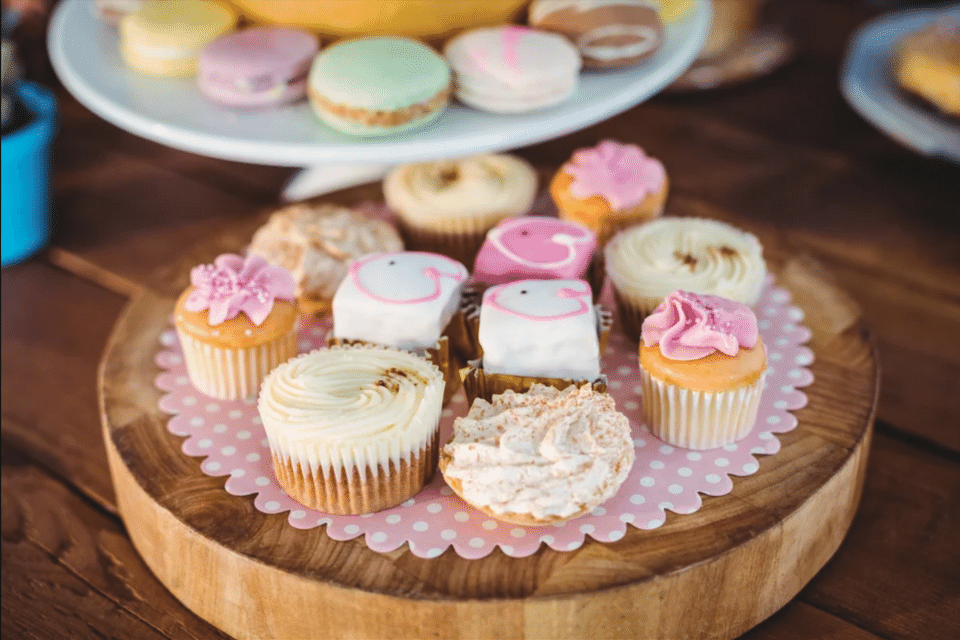The low FODMAP diet is not easy to follow, and even when you’re eating the right things, there are unassuming and hidden gut irritants that can make your IBS symptoms worse. Here’s a quick list of what to avoid and why:
#1 CARBONATED BEVERAGES
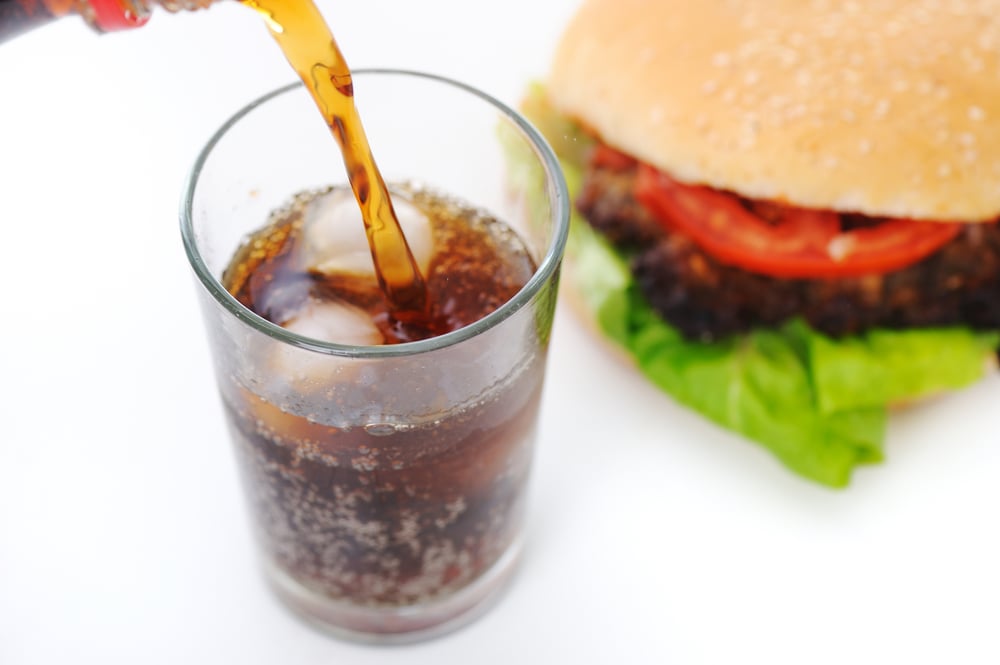 Gas and bloating is a constant battle with IBS. Adding more air or CO2, will only increase the amount of gas and bloating and result in more pain. It’s best to avoid sparkling water, soft drinks, beer, and sparkling wine. Remember, even when drinking non-carbonated drinks, hold off on using a straw because it increases bloating. With every sip, you ingest the air that is rests between the beverage and the tip of the straw. So spare the straw, and you’ll be doing a favor to both your gut and the environment!
Gas and bloating is a constant battle with IBS. Adding more air or CO2, will only increase the amount of gas and bloating and result in more pain. It’s best to avoid sparkling water, soft drinks, beer, and sparkling wine. Remember, even when drinking non-carbonated drinks, hold off on using a straw because it increases bloating. With every sip, you ingest the air that is rests between the beverage and the tip of the straw. So spare the straw, and you’ll be doing a favor to both your gut and the environment!
#2 BIG MEALS
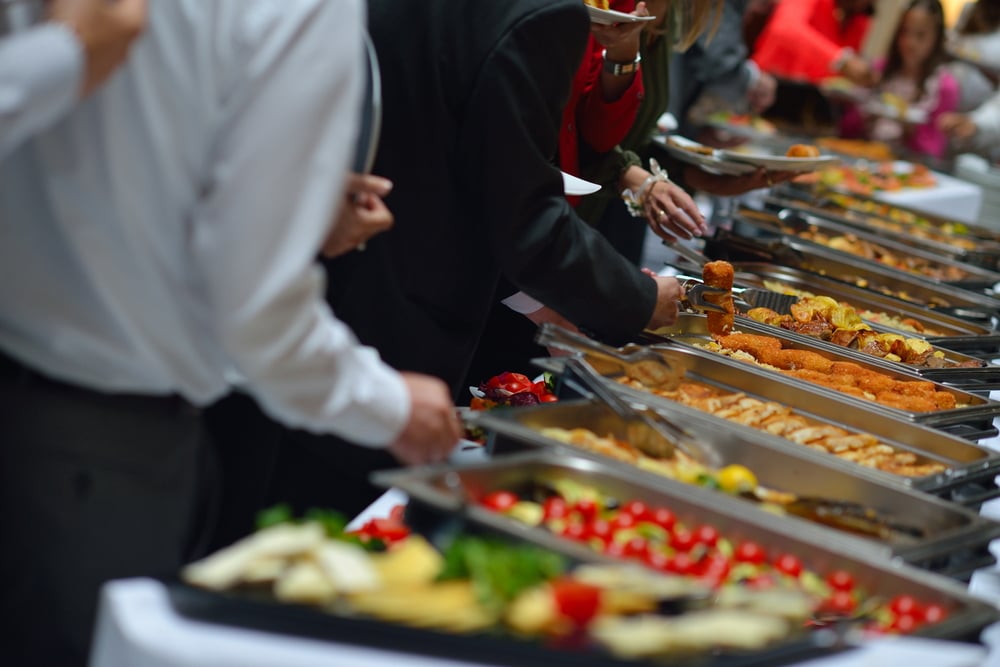
Avoid eating large meals in one sitting and remember to eat slowly. Large volumes of food can stimulate the hormones that regulate motility and digestion. Research shows that individuals with IBS often have higher levels of these hormones – cholecystokinin (CKK) and motilin – which results in painful cramps and an exaggerated gastrocolic reflex.. Gastrocolic reflex is the physiological reaction that generates colonic motility (i.e. keeps things moving through your system). Eating smaller meals reduces the degree of impact food has on the gastrocolic reflex. This keeps cramping and excess bowel movements to a minimum.
#3 HIGH FAT FOODS
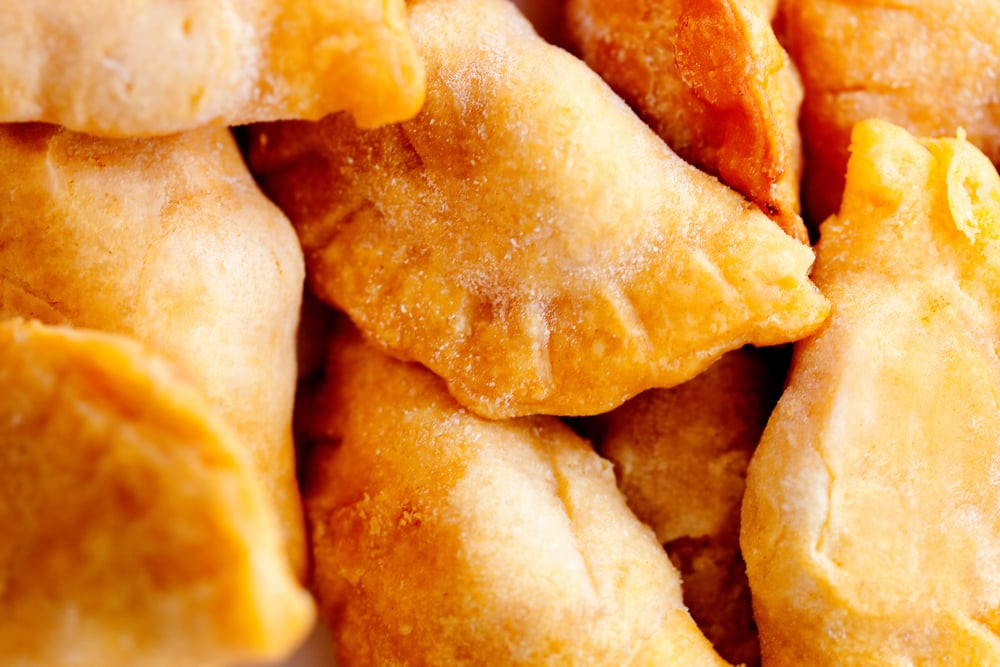 High fat and greasy foods are gut irritants because they also trigger the gastrocolic reflex and heighten colonic sensitivity. This causes a similar intestinal reaction that occurs when eating large meals. This is not to say that fat is bad; in fact it is healthy and necessary for our bodies. The key is choosing the right type of fat and consuming it in moderation. It’s best to select sources of healthy fats such as salmon, nuts, and olive oil, which have monounsaturated and polyunsaturated fat, as opposed to fried meats, sausage and creamy sauces, which are high in saturated fat. Everyone’s requirements for fat and their tolerance to fat, are different. Trial and error is the only way to really find out what works for you.
High fat and greasy foods are gut irritants because they also trigger the gastrocolic reflex and heighten colonic sensitivity. This causes a similar intestinal reaction that occurs when eating large meals. This is not to say that fat is bad; in fact it is healthy and necessary for our bodies. The key is choosing the right type of fat and consuming it in moderation. It’s best to select sources of healthy fats such as salmon, nuts, and olive oil, which have monounsaturated and polyunsaturated fat, as opposed to fried meats, sausage and creamy sauces, which are high in saturated fat. Everyone’s requirements for fat and their tolerance to fat, are different. Trial and error is the only way to really find out what works for you.
#4 CAFFEINE & ALCOHOL
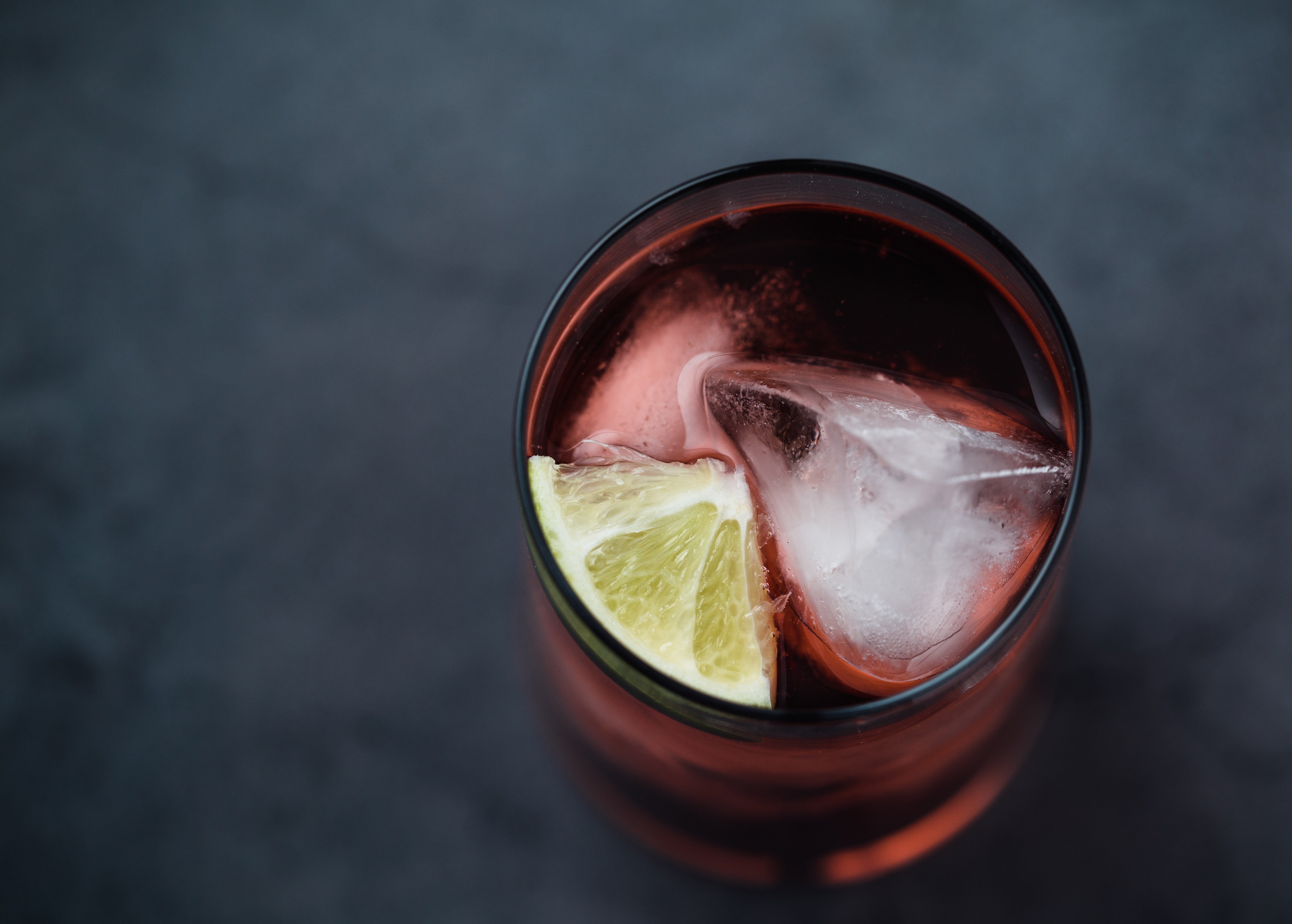
Caffeine and alcohol are gut irritants and can be especially challenging to manage. This is because both can be part of our social and professional lives. We traditionally look for that morning coffee or tea boost to kick-off the day, however, this caffeine boost does not work in favor for many with IBS-D because it increases the stress hormone, cortisol, which increases gut motility and can lead to cramping and diarrhea. If you love coffee for the flavor and you’re struggling with IBS-D, it’s best to stick with decaf. For those with IBS-C, a little caffeine may help alleviate constipation.
For tea drinkers, select an herbal tea, such as peppermint, ginger, or lemon. Bonus: these teas also aid in digestion, so they will help with managing symptoms. A few other caffeine culprits to be aware of include chocolate, energy drinks, lactose-free ice cream, headache medication.
Alcohol should be very limited because it affects gut motility in various ways at different points of the digestive tract. Alcohol slows digestion, keeping food in your stomach longer. In the small intestine, alcohol interacts with bacteria and increases fermentation processes, producing gas. Alcohol impacts the large intestine by increasing peristalsis (constriction and relaxation of muscles), causing “rumbling” and sometimes diarrhea.
Alcohol should also be limited because it impedes the absorption of necessary nutrients in the small intestine. Many individuals managing IBS are challenged with nutrient malabsorption, and alcohol can make this worse.
So, if you’re going to raise a celebratory toast or enjoy a drink over dinner, ensure your choice of drink is low FODMAP. Some examples include: red wine (1 glass), white wine (1 glass), gin (1 oz), vodka (1oz), and whiskey (1oz). Be wary of hidden FODMAPs in mixers, as many contain high fructose corn syrup. Safe mixers: olive juice, cranberry juice, fresh pressed OJ, lime juice, lemon juice.
#5 ARTIFICIAL SWEETENERS
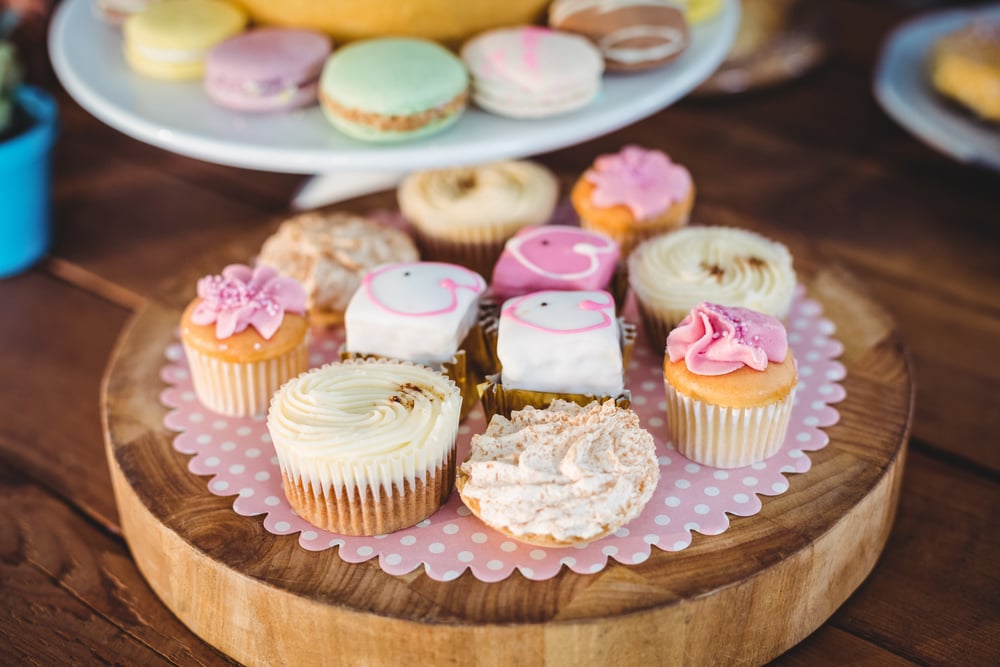
“Sugar-free” does not mean low FODMAP. You may have seen ‘xylitol’, ‘mannitol’, and ‘sorbitol’ as part of the ingredient list found on sugar free chewing gum, baked goods, and diet drinks. These are high FODMAP sugar alcohols, known as polyols, which are poorly absorbed by the small intestine. When it enters the colon, it serves as a substrate for fermentation and creates gas, bloating, cramps, and may result in osmotic diarrhea. These sugar alcohols are also found in protein powder, cold medication and cough syrup. They are easy to miss, so double check the ingredient list before purchasing that product!
IBS triggers and the resulting symptom severity are very individualized because everyone’s gut is different. It’s important to pay close attention to what are your specific triggers. Having a food diary is a very useful way to keep track of what you eat, how you feel after, and to determine what correlations exist. Being able to better understand how your body reacts to specific food, will help you navigate the food landscape and manage your symptoms with much more ease!

